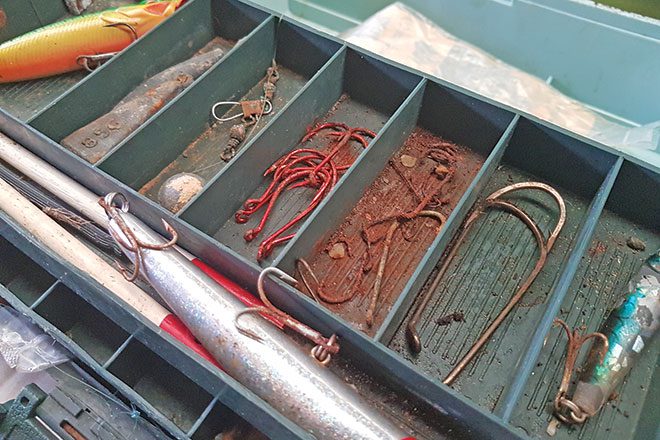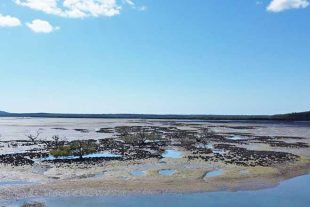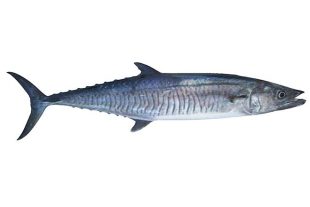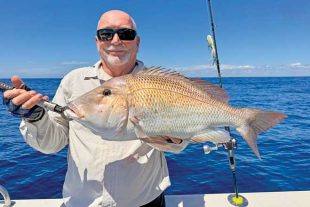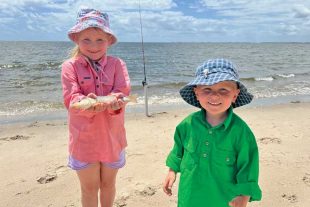Planning and preparation are the key ingredients to success in life, and fishing is no different. The more down time you spend preparing your gear and planning your trip, the more success you will have.
Planning
Unfortunately, most of us are time limited and can’t go fishing as often as we might like. But this doesn’t stop us from being prepared for when time is free, tides are right and the weather is good.
So, to ensure you’re ready to hit the ground running – or the water running, as the case may be – it’s a good idea to plan ahead.
This will ensure that, when your friend calls you the night before or the weather forecast is looking good, you are prepared – with your fishing plans, target species in mind and tackle at the ready.
When I say planning ahead, I’m talking about understanding what species are in season and ‘on the chew’, so to speak.
A good starting point is to read fishing magazines such as this publication.
So too is studying up and reading credible sources of information on species and locations, rather than relying solely on random questions and comments on Facebook fishing group pages, which seem to attract as much if not more sarcastic commentary as they do legitimate information.
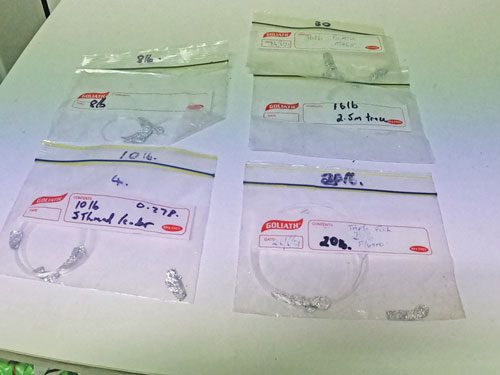
If you want to research a fish, season or fishing topic, do your research properly.
Search for topics by respected fishing writers, speak to tackle shop owners who fish and go out with local fishing guides to learn much quicker and more relevant information.
You could be wanting to know where to fish, what species to target, the best times and best tackle.
Again, the sources above and this magazine will help you with that.
And, if you are a regular fisho, don’t assume you know it all.
Can you chase your desired species on different tides in different locations or with different techniques? Take snapper for example.
A great fish to target around dawn or dusk, ideally with a tide change, either with lightly baited bait or lightly weighted soft plastics.
But during another part of the tide, even during the day, you can also chase them trolling lures in deeper water.
Be prepared.
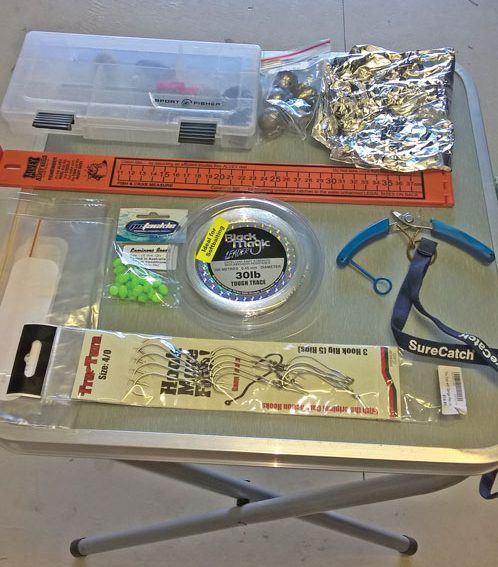
Have several plans ready – including an A, B and C if things aren’t working out.
Also keep your own records in the form of a fishing diary.
In this diary record the species, times, tide direction and height, wind, water temperature, colour, cloud cover and basically anything that might have led to the good or bad results you had that day.
As an example, by going back over my diaries, my friends and I have settled disagreements over say the best locations to target based on wind strength and direction, as well as tide, when we’re at K’gari.
Without that information, you’re going off memory and, as these discussions prove, people’s memories can at times differ from reality.
 Bush ‘n Beach Fishing Magazine Location reports & tips for fishing, boating, camping, kayaking, 4WDing in Queensland and Northern NSW
Bush ‘n Beach Fishing Magazine Location reports & tips for fishing, boating, camping, kayaking, 4WDing in Queensland and Northern NSW

